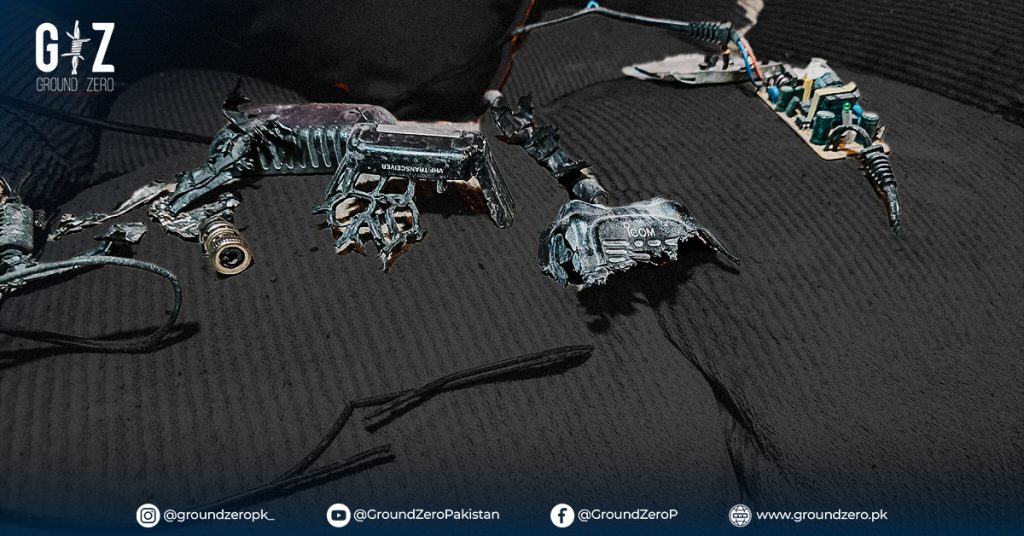Hezbollah-Israel Conflict Escalation: Explosions and Rising Tensions in Lebanon
The Hezbollah-Israel conflict escalation has reached a dangerous new phase after a series of deadly explosions in southern Lebanon on September 15, 2024. These blasts, allegedly orchestrated by Israel’s Mossad, targeted Hezbollah’s communication devices, killing 20 people and injuring more than 450. The latest attacks mark a significant security breach for Hezbollah, intensifying fears of a broader regional war. For more updates, visit our Middle East News section.
Historical Context of Hezbollah-Israel Tensions
The Hezbollah-Israel conflict has been ongoing for decades, with Hezbollah forming in the 1980s as a resistance force against Israeli occupation. Their confrontations have seen many escalations, most notably the 2006 Lebanon War. The current phase of hostilities began after the Gaza conflict erupted in October 2023, with tensions increasing along the Lebanon-Israel border. For historical background, see Dawn’s coverage.
Details of the Explosions Amid Conflict Escalation
In the most significant escalation of the Hezbollah-Israel conflict, Mossad reportedly detonated explosives hidden in Hezbollah’s radios and pagers, leading to mass casualties in Beirut’s suburbs and the Bekaa Valley. The blasts are described as Hezbollah’s worst security breach in its history, sending shockwaves through the group’s ranks. The Lebanese Red Cross responded to the explosions, deploying ambulances across affected areas. For more information, check Express Tribune’s report.
Hezbollah’s Response to the Escalation
Following the blasts, Hezbollah retaliated by firing rockets at Israeli artillery positions along the border. Although there were no immediate casualties, the attacks signal a potential escalation in the Hezbollah-Israel conflict. Israeli Defense Minister Yoav Gallant announced the redeployment of troops to northern Israel in preparation for further hostilities, heightening fears of a broader regional conflict. For more on this response, visit The News International.
Diplomatic Concerns and International Repercussions
The international community has expressed concerns over the Hezbollah-Israel conflict escalation and its potential to spark a wider war. The United Nations Security Council is set to meet to discuss the situation, while the U.S. has denied any involvement in the attacks but continues to pursue diplomatic efforts to de-escalate the conflict. Meanwhile, Iran, a key supporter of Hezbollah, has vowed to retaliate for the attack, further heightening tensions in the region. Stay informed with our updates in the Opinions section.
Implications for Lebanon and the Region
The Hezbollah-Israel conflict escalation threatens to plunge Lebanon deeper into crisis, as the country grapples with economic collapse and political instability. A full-scale conflict with Israel would devastate Lebanon’s already fragile infrastructure, particularly in the south, which has historically been the battleground for Hezbollah’s confrontations with Israel. As regional tensions rise, the possibility of a wider war involving Israel, Iran, and other regional powers looms large.


